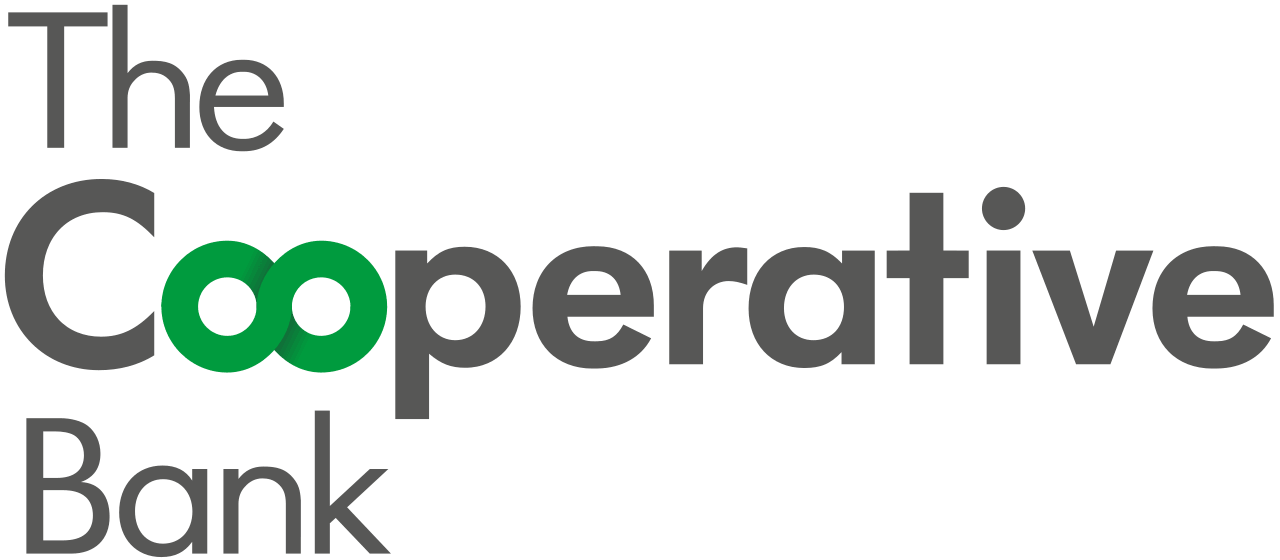PEP and Sanctions Check
Helping Companies Comply with Global KYC Regulations
Trusted By:












Ensure Compliance Seamlessly

Scanning
Ongoing Monitoring
Due Diligence

Intelligent Parameters
Comprehensive Reporting
Whitelists

Security
Role-Based Access
API Access
Benefits:

Improved Performance
Enhanced Security
Assured Compliance
Global & Regional Services

America
(Planned)
Germany
(Global Service)
Australia
(Global Service)
Indonesia
(Global Service)
Oman
(Regional Service)
South Africa
(Planned)
Current Deployments
Upcoming Deployments




Upcoming Deployments


Solid, Reliable and Extensive Data
MemberCheck partners with global, industry leading data providers giving you access to the most detailed and accurate coverage of Politically Exposed Persons (PEPs), officially sanctioned individuals/companies, and persons of special interest, allowing you to “Know Your Customer”.

Daily updates of PEP/Sanction and Adverse Media databases

Follow up of notifications distributed by regulatory authorities

Screening of local, reputable media sources daily

PEP/Sanction profiles subjected to strict quality assurance procedures

Routine list comparison that reveals updates and changes not announced by authorities
Specialised software that monitors sanction websites

Other Solutions
No real-time monitoring
Data is gathered and reviewed manually
Hard to navigate and problematic systems
Hidden fees and complex onboarding processes
Infrequent update of Watchlist Databases
Lack of API integration
Limited Coverage
Dated systems with inadequate filtering capabilities

MemberCheck Solution
Real-time risk monitoring
Watchlist Database created using Machine Learning and AI
Intuitive and accessible web interface
Transparent pricing with no hidden costs
Database is updated daily
Unlimited multi-user access at no additional cost
API integration capabilities
Global coverage of PEP/Sanctions and Adverse Media
Intelligent filters to reduce false positives
Request a DemoWhat is a Politically Exposed Person (PEP)?
A Politically Exposed Person (PEP) is an individual that holds a position or role within a government body or an international organisation such as NGO’s, charities, not for profits, etc. Family members and close relatives associated with the individuals are also classified as PEPs.
PEPs commonly hold the ability to budget and spend funds, approve grants, and supervise procurement processes, making them vulnerable to bribery, corruption and committing fraud. For this reason, companies need to screen individuals, during their onboarding process, known as the Know Your Customer (KYC) process, to identify and manage the risk associated with taking the customer onboard. Examples of individuals that can be classified as a PEPs include:
- Government Executives
- Senior Politicians
- High Ranking Military Officials
- High Ranking Judges
- Board Members of multi-national corporations
- NGO executives
- Not for Profit Executives
- Charity Executives
Companies, as part of their AML/CTF program, are obligated to outline the process they use to help identify and assess the risk of PEPs with whom they deal.


What are Sanctions?
Sanctions are a measure imposed by the United Nations Security Council (UNSC) and government bodies, worldwide, to restrict the activities that a sanctioned country might be participating in. Restrictions are imposed on, but not limited to, countries, individuals, and companies.
How can Businesses Comply with Sanction Regulations?
Business entities must ensure that they have a sanctions program in place that screens against the appropriate data sources to ensure that they adhere to sanctions placed on individuals, companies and the countries in which they are located. Once identified as sanctioned, the business must cease to provide the sanctioned goods or services to the individual or company, then report their findings to the relevant governing body. Failure to cease activities with the sanctioned individual or company is classified as a criminal offence and may result in penalties for the non-compliant business.

























